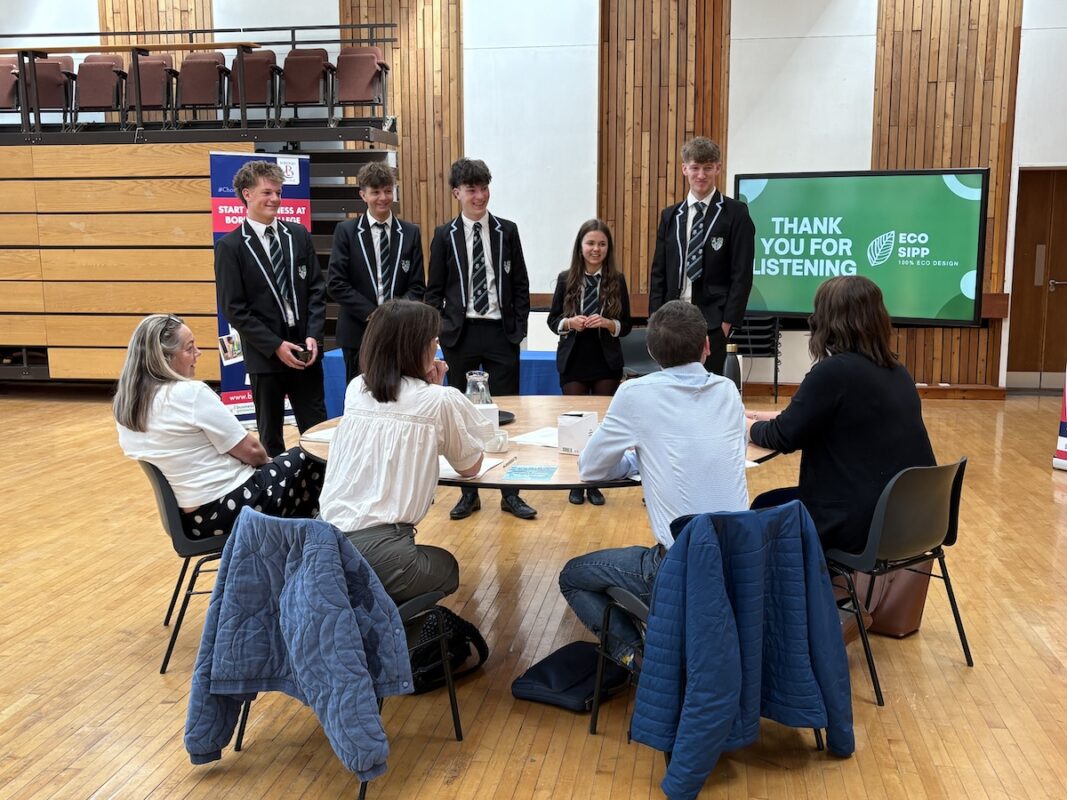The Impact of Vocational Qualifications on Young People’s Employability and Labour Market Outcomes

On the 15th March 2022, the All–Party Parliamentary Group for Youth Employment (APPG for Youth Employment) presented their report from an inquiry into ‘The impact of Vocational Qualifications on Young People’s Employability and Labour Market Outcomes’.
The report follows a 4 month inquiry that seeks to understand the impact of proposed changes to post–16 education policy on future labour market outcomes of young people.
The Department for Education (DfE) has proposed the streamlining of post–16 qualifications by removing funding for some vocational, technical, and other vocational technical qualifications (VTQs), such as CTEC and BTEC qualifications by 2024–2025. T Levels, A Levels and apprenticeships are intended to be the main options for students at Key Stage 5.
CEO of Youth Employment UK, Laura-Jane Rawlings commented that,
“Whilst overall Youth Employment UK welcomes ambitious plans for our education and training system, we are very concerned about the proposal to narrow student choice. It is clear to us that young people who face multiple barriers will be the most affected by these proposals which will end up creating further inequalities in England rather than closing the gaps we already have in society.”
Summary of Key Findings
The APPG for Youth Employment report follows two meetings of the inquiry that heard oral evidence from a range of expert speakers, young people, and employers, and received written submissions from individuals and organisations, some of which include: Association of Colleges, Federation of Awarding Bodies, JCQ (Joint Council for Qualifications), London Councils, OCR, Pearson, The Princes Trust, The Royal Academy of Engineering, UCAS and Youth Employment UK.
The report findings show that contributors are largely supportive of the addition of T Levels to Post-16 education provision but have concerns about the proposed roll out of T Levels.
Findings of the report include the following:
- Key concerns are focused on disadvantaged students, as growing evidence including the government’s own research has identified that it is young people from Black, Asian and ethnic minority groups, from socioeconomic disadvantage groups, those with Special Education Needs and those living in rural and coastal areas who will be most disadvantaged by the proposed policy agenda.
- Experts share that BTECs are supporting social mobility for students from diverse backgrounds.
- The APPG for Youth Employment is concerned that the proposed new system will not provide enough opportunity for young people to study post-16.
- The inquiry found that T Level qualifications would not meet the skills needs of employers, particularly in key industries such as care, creative, science and technology, which are sectors vital to the future economy.
- Experts shared their concerns about the viability of a national roll out of T Levels, including the lack of resources and the lack of work placement support for young people.
Summary of Recommendations
The APPG for Youth Employment has made a number of recommendations to the Government, including the commission of an evidence-based approach to the roll out of T Levels to fully understand their impact before defunding other qualifications
Young people play an important role in society and in the economy; the levelling up agenda is supported by the APPG for Youth Employment and a key component of this agenda is to ensure that all parts of society are treated equally and have equal access to good quality opportunities.
The APPG for Youth Employment recommends:
- That the Government removes the hard cut-off date for defunding vocational technical qualifications (VTQs) and offers a guaranteed Level 3 education for every young person.
- The Government should consider T Levels in an iterative process and retain a variety of qualifications at Level 2 and below.
- The Government should commission an evidence-based approach to the roll out of T Levels and fully understand their impact before defunding other qualifications.
- The Government must map an alternative route for 16–18-year-olds who cannot follow a T Level or A Level route.
- The Government should review the careers education system to ensure all pathways to employment are clear to all young people.
Download The Report
To download the report ‘The Impact of Vocational Qualifications on Young People’s Employability and Labour Market Outcomes’, and to learn more about the APPG for Youth Employment visit www.youthemployment.org.uk/about-us/appg-for-youth-employment.
The All–Party Parliamentary Group for Youth Employment was created in 2014 and exists to: firstly, promote youth employment in all its forms and the vital role of young people within the economy; secondly, to ensure young people’s voices are heard; and thirdly to highlight the need for quality opportunities and to share best practice. All-Party Parliamentary Groups are informal groups of Members of both the House of Commons and the House of Lords, with a common interest in particular issues.











Responses